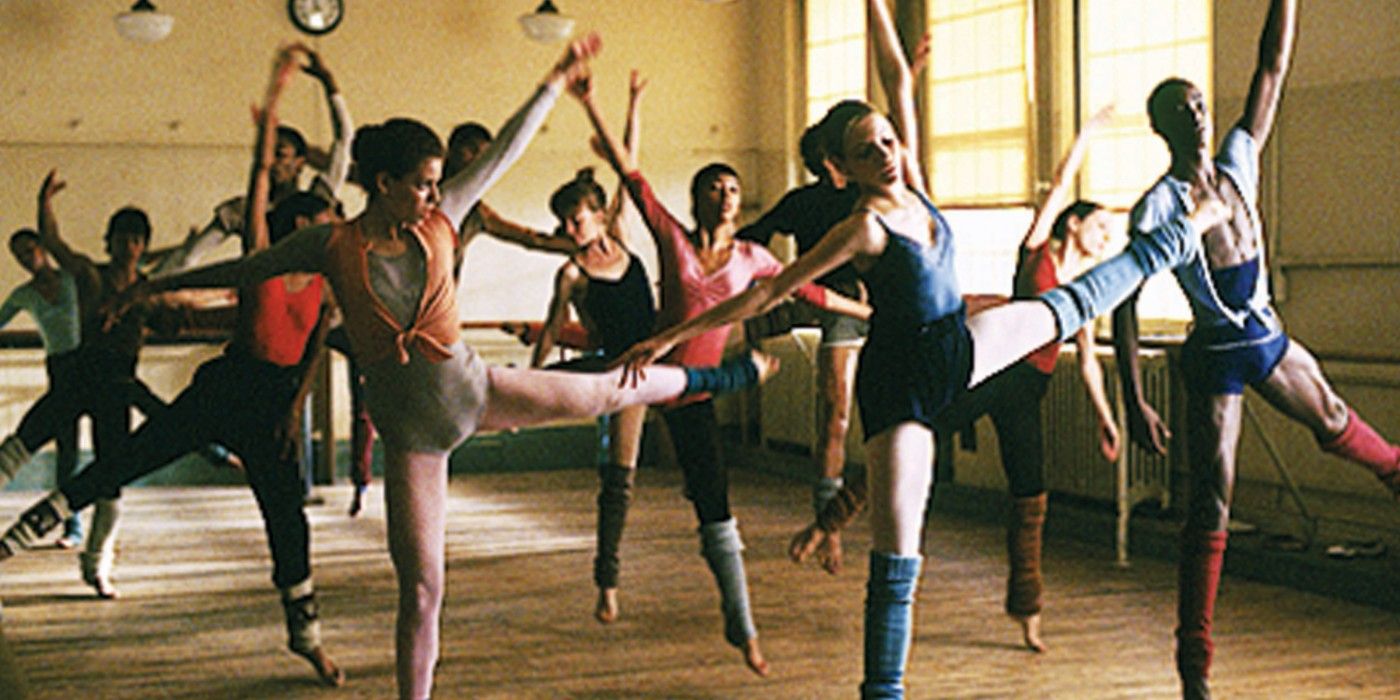For anyone who has experienced the excruciating process of auditioning for something, I can’t recommend Fame
enough, and I also can’t recommend it at all. At least, I can’t recommend it if you’re not prepared to be thrust right back into the anxieties of being judged, weighed, and potentially found wanting. Fame wastes no time immersing us in its particular vulnerability. For most people on Earth, adolescence is the most sensitive and tumultuous period of their lives, but Fame is well aware that for artists, the tumult never ends, the winds just blow a little quieter.
As we spend a little over three hours getting to know the ensemble of hopeful, budding actors, dancers, and musicians, Alan Parker’s enormously influential 1980 film takes shape. For a movie that was released over forty years ago, Fame is still capable of teaching its audience something. There are some painfully dated aspects, but I respect the bravery of attempting to weave in conversations about topics that are still controversial today. Fame walks the fine line of reminding us that these characters are vividly real people, while never letting us forget that they’re kids.
Intimate & Immersive, Fame Is Just As Honest Today As It Was In 1980
There’s A Truth & Quiet Sadness That Has Allowed Fame To Age Well
Based on the real performing high school, LaGuardia High School, in New York City, Fame unfolds over the four years an incoming class of freshmen spends trying to fit in and stand out simultaneously. The intimacy of Fame catches you off guard. Movies are rarely filmed like this anymore, and in Fame‘s unpolished and low-budget glory, we get a real sense of the characters and their deepest desires, even though we don’t spend much time with them. Though it’s a small-scale film, the scope is large, and this is why Fame loses focus toward the end.
Though Fame is a true ensemble picture, the movie starts to zero in on Doris (Maureen Teefy), Ralph (Barry Miller), and Montgomery (Paul McCrane). They play three drama students who represent the different outlooks and backgrounds of the school’s wide array of kids. As we stay closer to their story in the final act, Fame loses a little of what makes it special, as not everyone we’ve gotten to know gets the same farewell as they leave behind the school that was once so scary for the much scarier real world.
Fame put together a talented cast who hold up well against the intensity of the story.
Today, we’re used to watching musicals that aren’t afraid to get heavy, and it’s practically boring at this point to see teens in dangerous situations in movies and TV shows. However, Fame was pushing boundaries when it came out, and the behind-the-scenes fear that this narrative wouldn’t connect with audiences can be felt. Fortunately, this meant the filmmakers were as vulnerable as the characters, allowing the audience to feel safe enough to care about the people they see onscreen and feel their pain.
The musical numbers are undeniably very ’80s, but enough time has pᴀssed to make this comfortably nostalgic, and Fame put together a talented cast who hold up well against the intensity of the story. Irene Cara knocks you out with her voice, and it kills you when she’s put through the wringer in the final act. No one has the same story, but everyone’s running from something in Fame. With more time and a тιԍнтer script, it could’ve gone further, but it’s better that the film doesn’t hit you too hard over the head with its messages.
Fame Fondly Remembers How Important High School Years Are Without Losing Sight Of What’s Really Important
Art Education Is Used As Yet Another Window Into The Painful Process Of Coming Of Age
Not too heavy on plot, Fame lets itself meander, prioritizing atmosphere, especially early on when we’re getting used to the school alongside the characters. However, as school starts to become something the characters are ready to leave behind and their worlds broaden, we spend less time inside these walls and get a glimpse into the very real possibility that they won’t succeed and that graduation is the end for them. They’ve only just started learning the lessons they really need, like that they shouldn’t change for others, because they have to leave home and find out for themselves.
Watching Fame, it’s easy to reflect on what’s the same and what’s drastically different about how kids move through adolescence now and how artist training has evolved. Enough translates to the modern day to get plenty of laughs from a welcoming audience who can see themselves in the kids stumbling through Shakespeare. However, you don’t have to love theater or adore musicals to enjoy Fame; you just need to have watched yourself one day transform from a child to a person entirely your own, and the movie counts on this.






